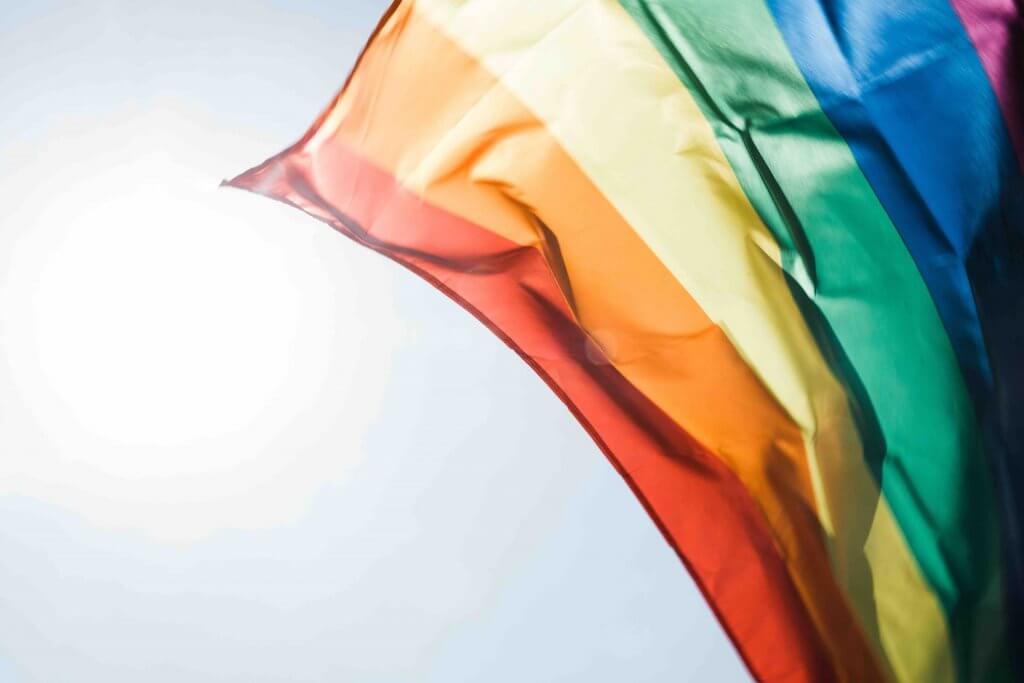“Fairness for All Act” Introduced in Congress
December 13th, 2019

Utah Congressman Chris Stewart recently introduced the Fairness for All Act in the U.S. House of Representatives, which aims to be a compromise bill to both protect LGBTQ people and religious freedom. This appears to be the first time that a so-called LGBTQ civil rights bill has been introduced by a conservative lawmaker, and it was modeled after a non-discrimination law passed in Utah in 2015 that was seen as a compromise bill.
Origins of the Fairness for All Act
The House already passed the Equality Act back in May, which would prohibit discrimination against LGBTQ people in areas such as housing, public accommodations, the workplace, health care and education for the first time under federal law. This bill would essentially incorporate protections for sexual orientation and gender identity into the original Civil Rights Act and other acts passed in the 1960s, which banned discrimination based on race, color, religion, sex, or national origin. However, that bill was dead on arrival in the republican-controlled Senate.
Conservative lawmakers and religious organizations answered with the compromise Fairness for All Act. They felt the Equality Act would penalize religious conservatives from expressing their views about sexuality and gender, so the Fairness for All Act carves out broad exemptions for churches and religious organizations to continue discriminating on the basis of sexual orientation and gender identity in areas such as health care, bathroom access, adoption and education.
Response to the Act
It seems that both ends of the political spectrum have found something to hate with the Fairness for All Act. The ACLU finds that the bill gives a “greenlight to those who would turn LGBTQ people away from jobs, health care, housing, even taxpayer-funded programs, simply because of who they are,” and singles out LGBTQ people for lesser protection than other characteristics under federal law.
A joint statement released by multiple civil rights groups including the Human Rights Campaign and the NAACP stresses the act “is an affront to existing civil rights protections that protect people on the basis of race, sex, and religion and creates new, substandard protections for LGBTQ people with massive loopholes and carve-outs, and upends critical federal programs that serve children in need.”
On the other hand, other conservative and anti-LGBTQ organizations such as The Heritage Foundation are already working to oppose the legislation, finding the act “fails to effectively protect religious freedom and the common good” since the exemptions apply to religious organizations rather than individuals who may want to discriminate based on their beliefs. “It would curb freedoms of speech, conscience, and religion for countless other Americans.”
Documenting Developments in LGBTQ Rights
It seems unlikely that the Fairness for All Act will become law either, given the strong opposition from both conservatives and progressives. However, most Americans already falsely believe there are federal nondiscrimination protections for LGBTQ people. Furthermore, studies have shown “a majority of Americans across ideologies, age, and religious affiliation in all 50 states also show broad support for LGBT nondiscrimination protections and for transgender rights.”
Whether Congress will ever pass such protections remains to be seen. In the meantime, the Universal Life Church’s blog will continue documenting the most noteworthy of the developments in LGBTQ rights.


